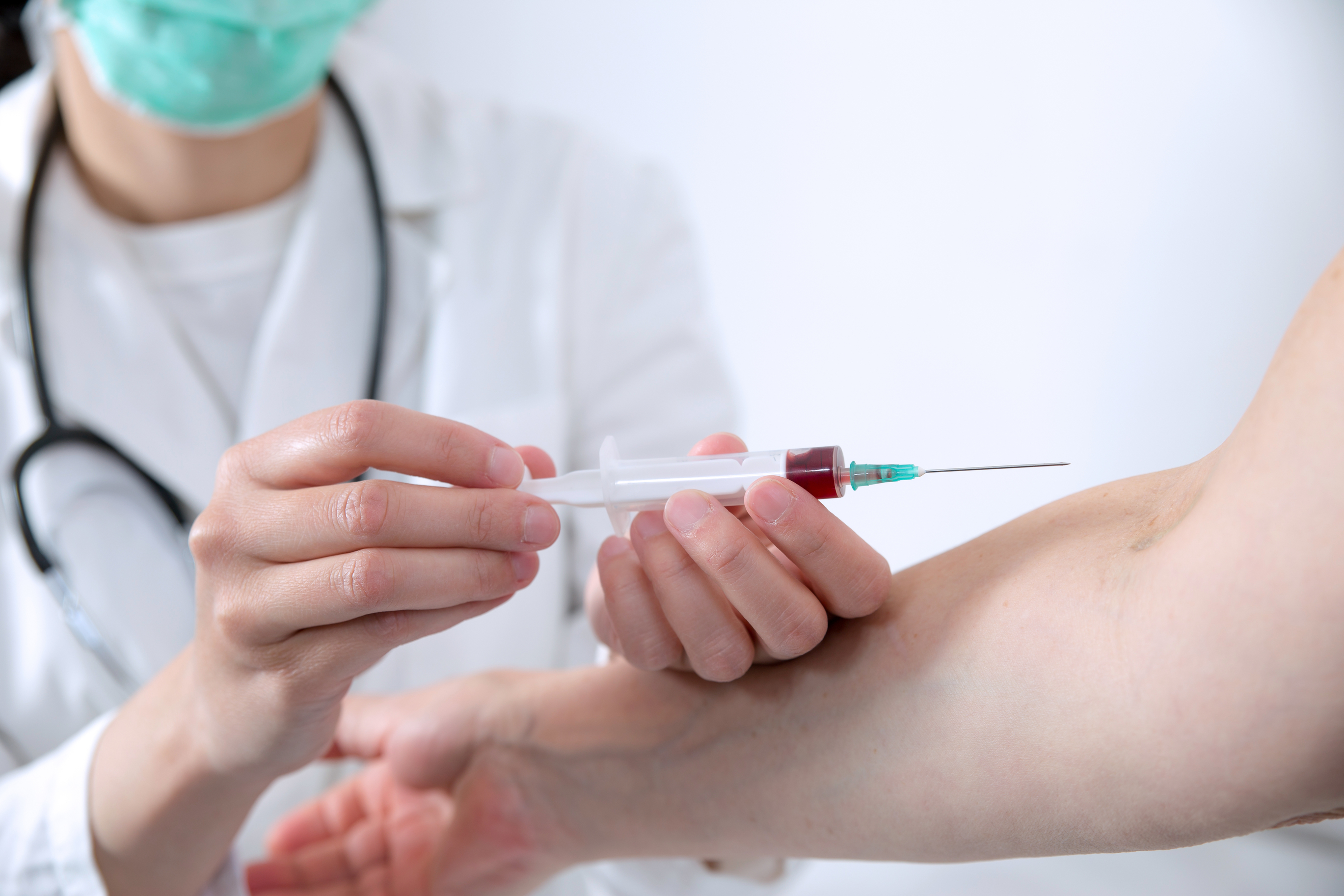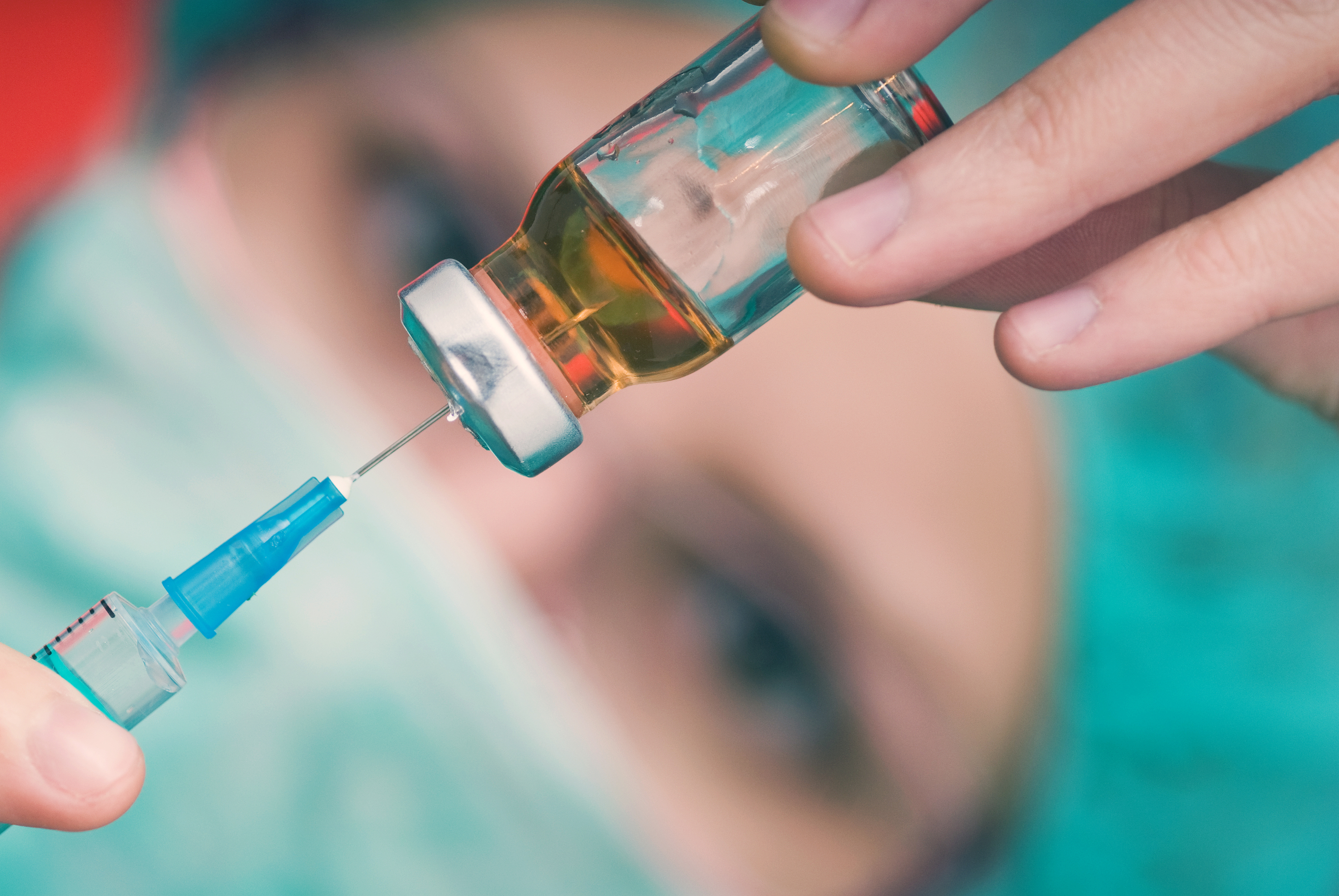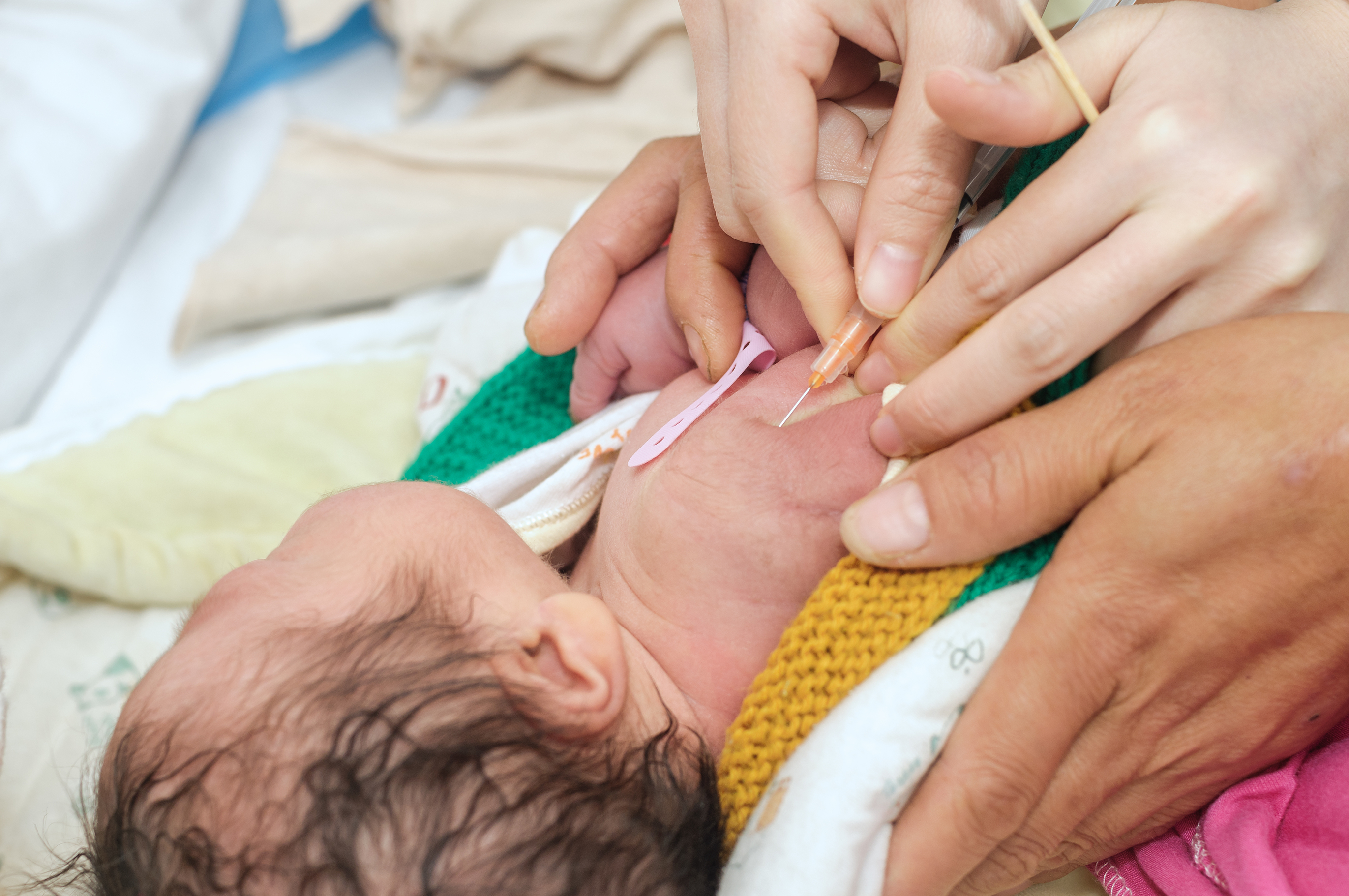How To Contract Hepatitis B And What You Should Do
Acute hepatitis B is a short-term viral infection which affects the liver. It is usually a short-term ailment, and after treatment is cured. Chronic hepatitis B takes its toll on patients for a longer duration and can permanently damage the liver. The chronic version of the disease often affects babies and children who have the virus. People can become infected with the virus in several ways.
10. Treatment

Acute hepatitis B typically does not require specific treatment as it will eventually work its way out of the system on its own. Self-care to relieve symptoms includes eating a nutritious variety of food, staying hydrated, and avoiding the use of drugs and alcohol. Some natural and conventional medicines should not be used. Patients with chronic hepatitis tend to work with their doctor for individualized treatment plans and to decide on specific medications.
9. What To Expect

If an infection of the hepatitis virus is suspected, a doctor will perform blood tests. He will also review medical history to find out about any travel, workplace risks, and lifestyle activity. Blood tests examine antigens and antibodies to see if someone has been infected if he or she has been immunized and if the infection is acute or chronic. They determine if the cause is a result of hepatitis A, hepatitis C, or Epstein-Barr and if the person simultaneously has hepatitis D.
8. Symptoms

Often there are no immediate symptoms of acute and chronic hepatitis B, and it may go undiagnosed until a blood sample is taken during a regular physical exam. Some people never know they have it until they are diagnosed with cirrhosis or liver cancer. If symptoms do appear, they could include headaches, fatigue, mild fever, nausea, vomiting, lack of appetite, tan-colored stools, dark urine, jaundice, and an uncomfortable feeling on the right side of the abdomen.
7. Liver Damage

Chronic hepatitis can lead to liver damage and a decline in liver function. Blood tests, including bilirubin, albumin, and prothrombin time determine if the liver is functioning properly. The tests alanine aminotransferase (ALT), aspartate aminotransferase (AST), alkaline phosphatase, and lactic dehydrogenase (LDH) are done to determine how much damage or inflammation has occurred. A cholesterol test may also be performed.
6. Common Sense Prevention

Besides the hepatitis B vaccine, which needs three to four repetitive boosters, there are other preventative measures to take. Sexually active males should wear a condom, especially if they have multiple sexual partners. Drug users should avoid sharing needles and dispose of their own properly. Items that have a risk of being tainted with blood like razors and toothbrushes should not be shared and those getting tattoos should fully research the hygiene practices of the artist.
5. Hemodialysis

People with kidney disease and are undergoing hemodialysis, a process of filtering the blood through a machine, are also at greater risk of hepatitis B. People with renal failure are more likely to have the chronic strain compared to those with healthy kidneys. They are susceptible to the infection because of their suppressed immune system. Dialysis patients usually have mild symptoms, but the virus has a more serious impact on kidney transplant recipients.
4. Blood-clotting Disorders

Anyone with a blood-clotting disorder, particularly hemophilia, is recommended to get vaccinated. This prevention tip is on the Top 5 To Do list published by the National Hemophilia Foundation, yet is still often overlooked. It is especially important for people with hemophilia who also have any form of liver disease to get the vaccine. The shot is administered under the skin to avoid bruising and bleeding of the muscles. Immunity results are usually successful.
3. Pregnancy And Babies

Babies are at risk of being infected with the virus if the mother is infected while pregnant and at the time of delivery. If the mother’s condition is known, the baby can immediately receive the hepatitis B vaccine and hepatitis B immunoglobulin to prevent further risk. The shot also protects the baby from liver disease and cancer from hepatitis B. The mother is safe to breastfeed because the virus is not transmittable through breast milk.
2. Workplace Risk Hazards

People who work with blood and body fluids are at a higher risk than other occupations. This includes health professionals in the hospital, blood and lab technicians, health care providers, dentists, morticians, and embalmers, as well as students undergoing practicums in these fields. Jobs in prisons and facilities for people with developmental disabilities also pose a high risk of encountering the virus.
1. Countries To Avoid

A person’s place of birth can put him or her at a higher risk than others of coming in contact with the virus. Parents of children who are born in, or anyone having lived for more than six months in countries having experienced an outbreak of hepatitis B, should be aware of signs of the virus. These regions include Southeast and Central Asia, the South Pacific islands, the Amazon River basin, the Middle East, Africa, Eastern Europe, and China.
